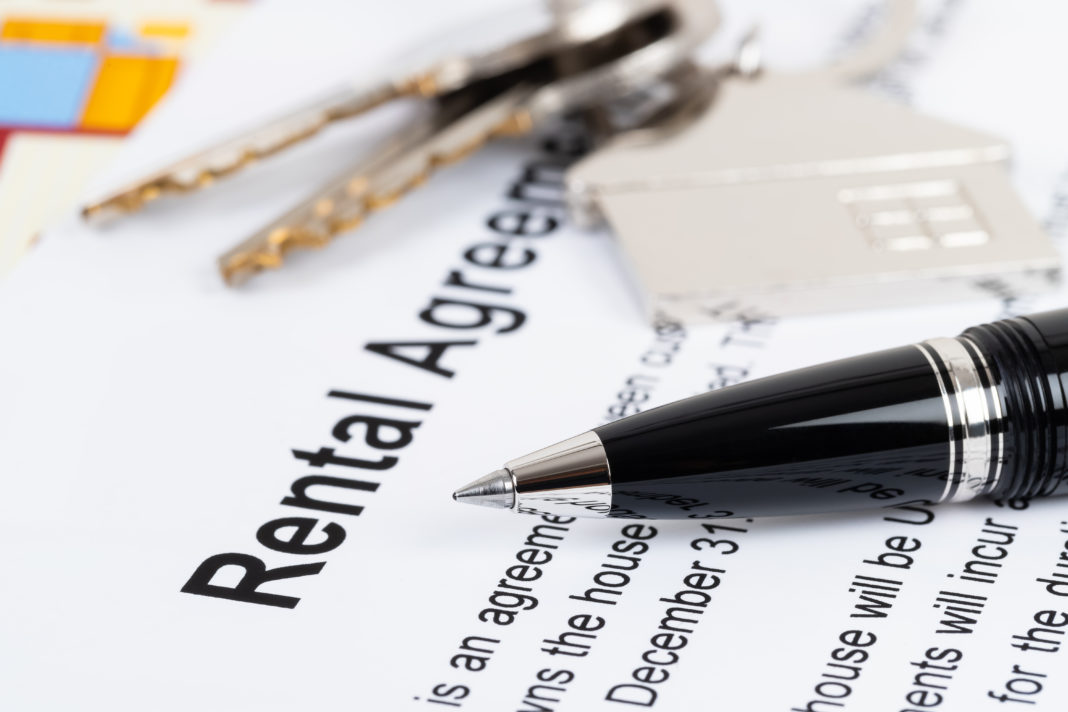
A new study into people living in the private rented sector has concluded that the housing we strive for as a society ‘must be better’ than what currently exists.
The work, by the UK Collaborative Centre for Housing Evidence (CACHE), revealed that the ‘systematic issues’ in housing need to be addressed if we are to build back better from the pandemic.
It found that many renters are ‘forced’ to make hard choices in order to meet their basic needs, with many saying that they would refrain from asking landlords to carry out repairs or upgrades through fear of putting their tenancy at risk.
Other respondents said that they make pragmatic trade-offs, such as accepting poorer quality properties that impacted their health and wellbeing, in order to live in certain areas and neighbourhoods for social, employment and schooling purposes.
Co-author of the report, Dr Kim McKee, senior lecturer in social policy and housing at the University of Stirling, said, “The relationship between the tenant and their landlord is particularly important, yet, it was not always easy for tenants to speak up and raise their concerns, especially for those on the lowest incomes who had limited alternative housing options available to them.
“Whilst some tenants do enjoy the flexibility associated with renting privately, other renters can feel uncertain about their ability to sustain the activities and functions needed for good wellbeing, for example, social connections associated with particular places. Older renters were particularly concerned about their ability to rely on the private rented sector over time. This at times led to low expectations. Because of the housing problems he experienced in the past, one participant described not being too unhappy with his property even though there was a rat infestation, no usable shower or kitchen, and violent threats from neighbours.”
Co-author Dr Jennifer Harris, senior research associate at the University of Bristol, added, “These findings show that satisfaction statistics alone do not provide an adequate measure of wellbeing or how well the sector is operating. Some people may report being satisfied because their last housing situation was significantly worse, or because they don’t expect to achieve any better.”








